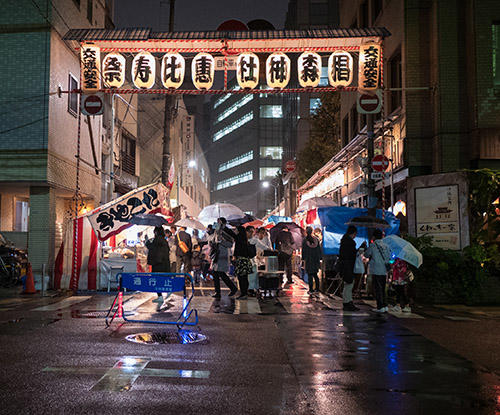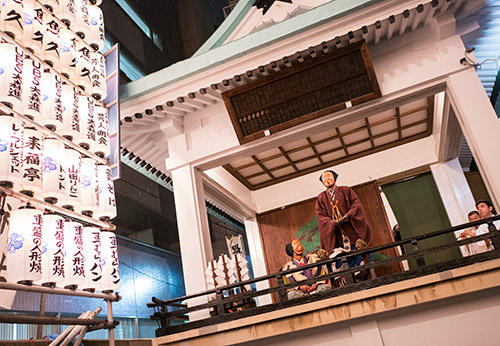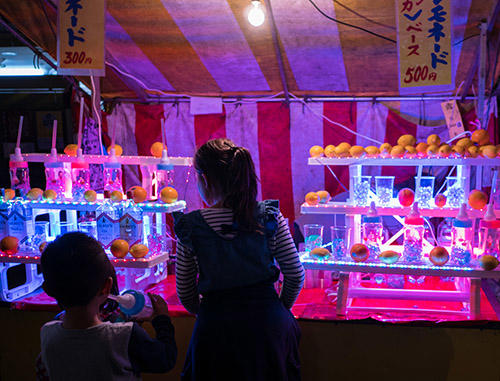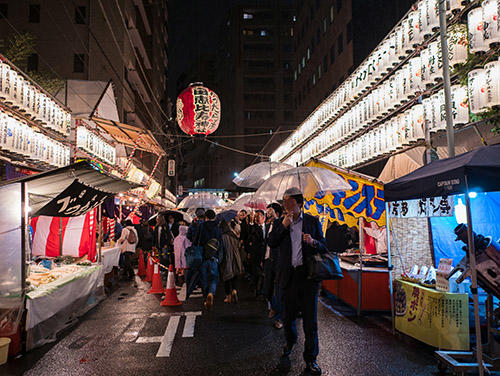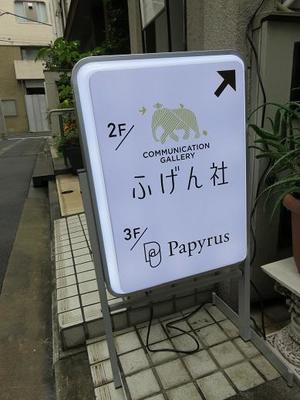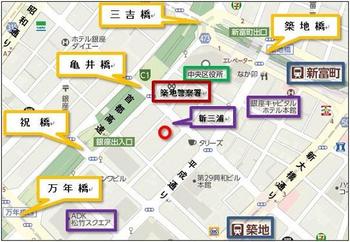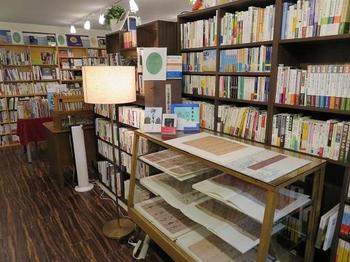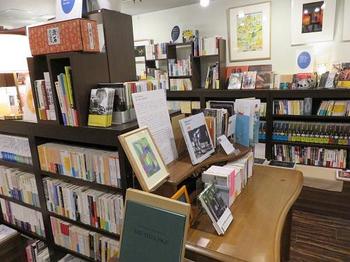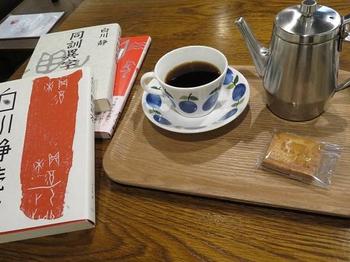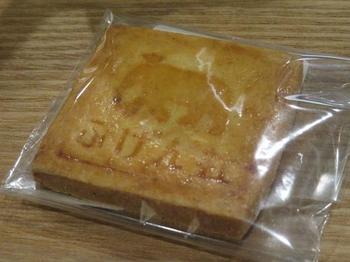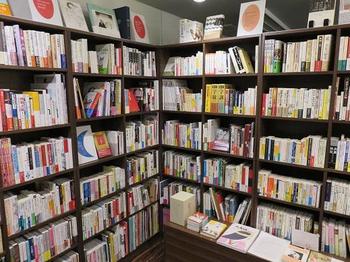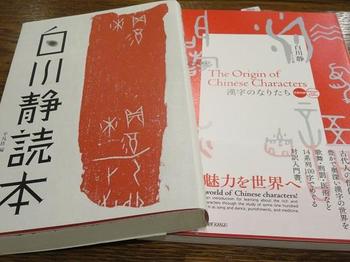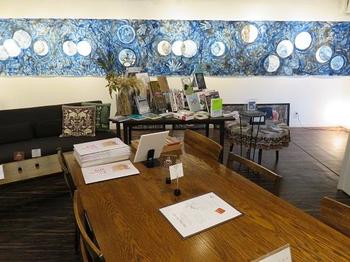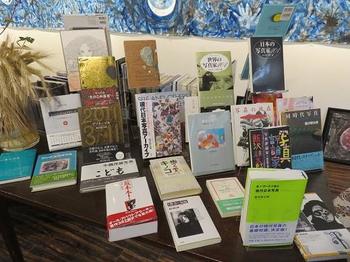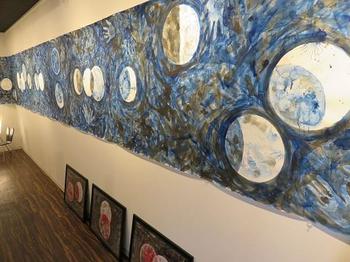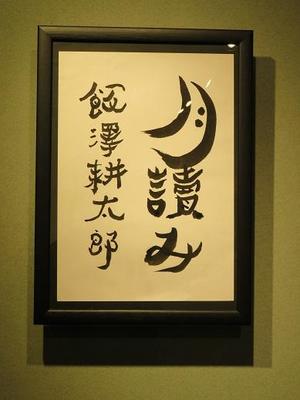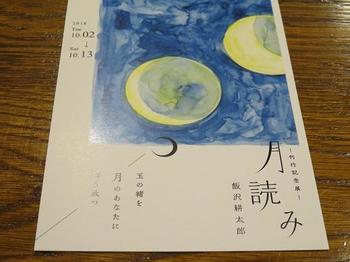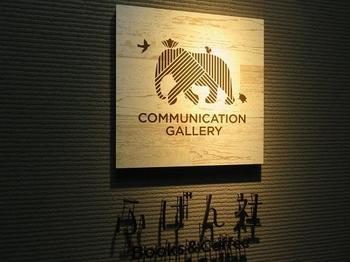Hello. This is a new correspondent, Hanes.![]()
![]()
On 20th of this month, I went to "Nihonbashi Ebisu Lecture Bettara City", which was introduced by senior correspondent Shiba Inu.
I was learning about Betara City in the official text of the Chuo-ku Tourism Certification, but
This is the first time I actually went to see it!
I read the news that a very large number of people were expected and went to the site a little earlier, and it was already crowded with many people because it was the second day of the event.![]()
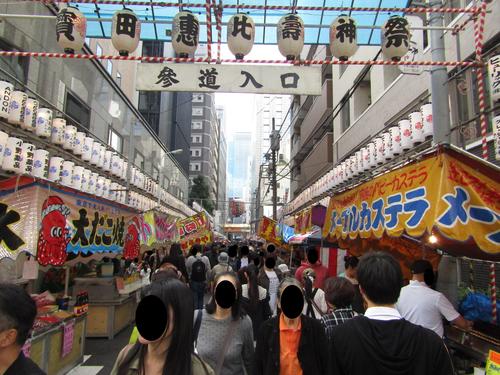
There are many stalls that are often seen at festivals.
The most crowded place was the stalls pickled in Betara.![]()
In the first place, Betazuke is a shallow salted radish pickled on a rice koji floor.
It is a traditional food that has been eaten since the Edo period.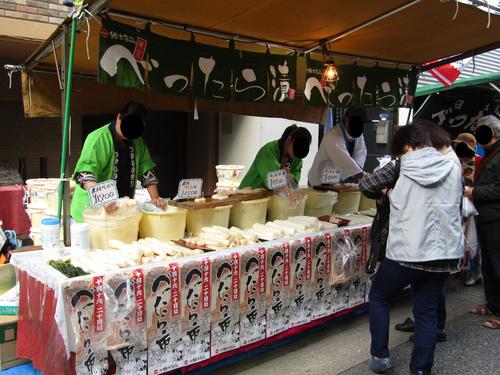
It seems that the fifteenth general Yoshinobu Tokugawa also liked to eat it.
When we think that we are talking about the same thing in modern times, it feels strange.![]()
At the store, you can sample pickled vegetables, etc.
It's fun to go around multiple stores to find your favorite pickles.![]()
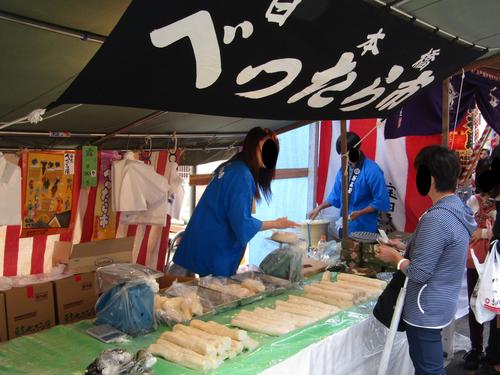
When I went around the shop while actually tasting, I was worried about two things.
The first is that no shop should cut the pickles and bag them.
Even though it is soft, it is difficult to bring one radish back as it is.
I was thinking, "I'm somewhat unfriendly![]() ."
."
Actually, there was a great reason to give it without cutting it.![]()
The reason for this is that "betara pickles are lucky items, so I don't cut them."
If you say that, it's a bit hard to bring it home, but I want you not to cut it!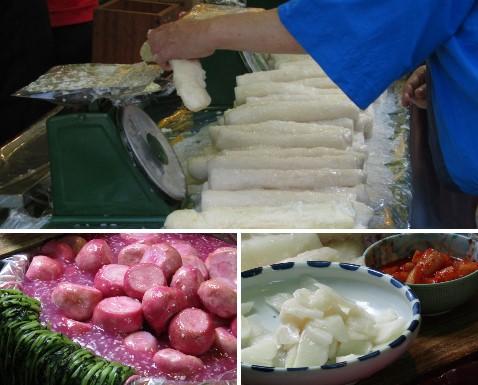
The second is that there are "skin" and "no skin" in Betta pickles.
It's literally the difference between whether the skin is attached or not.
The one with the skin is chewy and has a texture close to Sawaan.
According to the shop, it seems that people without skin have been around since the Edo period.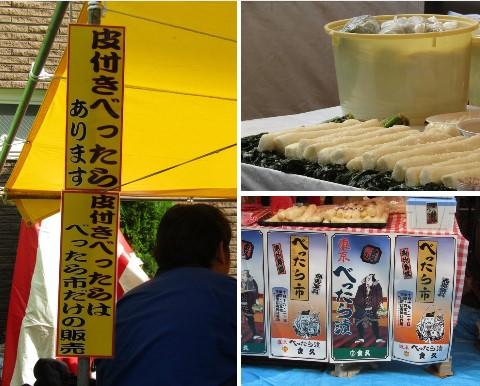
And there is also a Yu-Pack service that is good for those who buy Betara pickles for adults and those who come from a distance by train!
Why don't you use it when purchasing a lot?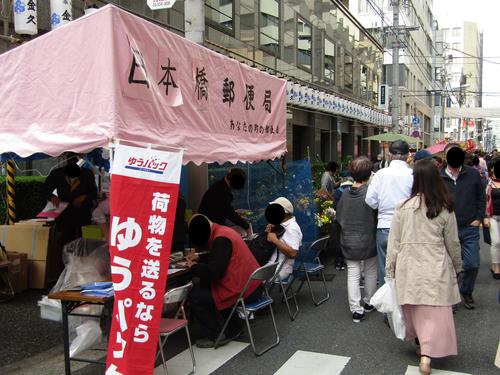
In the Edo period, there was a custom in which Ebisu-ko was held in front of Takarada Ebisu Shrine Gate on October 20. At an event dedicated to Ebisu, the god of commerce and agriculture, he offered lucky items to pray for thriving business.
Today, vermilion seal stamp can be held only during the New Year's Day and Betara City, so many people gather at the shrine and enjoy the atmosphere of the place while thinking, "Is it so crowded at that time?"![]()
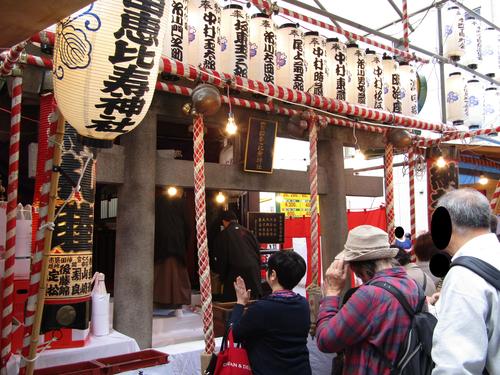
Also, if you jump out of the venue of Bettara City and walk around the town of Nihonbashi, you will find it.
The "He" of "Nippon Nihonbashi Karuta" depicted in the enclosure of the construction being carried out at the site of the Nittetsu Nihonbashi Building.
I realized that it was about Betara City!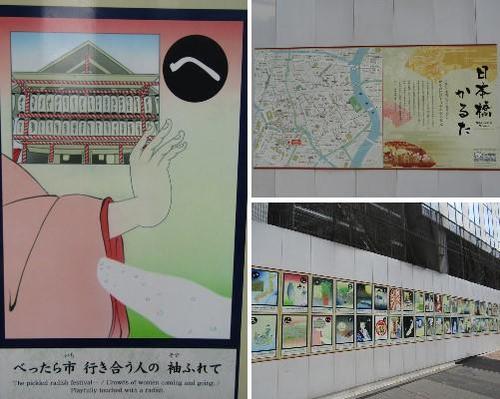
Let's touch the sleeves of people who go to the city.
Because I carried it with just tying the radish with a rope, I carried it around.
It is a content that reminds me of the origin of Betazuke, which has come to be called "Betazuke" because it inadvertently scratched the clothes of other people.![]()
For women who pass through pickle so that they don't want to keep their kimono dirty.
During the Edo period, when there was a man who was interesting and tried to put on the ground on purpose....
In today's Betara city (unfortunately?) There is no such man, but
If you missed your chance this year, why not come and play next year?![]()
Chuo-ku Tourism Association Official Blog
Chuo-ku Tourism Association correspondent blog
Introducing Chuo-ku's seasonal information by sightseeing volunteer members who passed the Chuo-ku Tourism Association's Chuo-ku Tourism Certification and registered as correspondents.
List of AuthorsRecent blog post
|
Nihonbashi Ebisu-ko Bettara City, where the customs of the Edo period live.
Founded 300 years! Brushes and brushes of Edoya where traditional techniques shine.
Bunkyu founded! Chestnut steamed yokan once a year at Nihonbashi Kiyokazuken
Kiyokazuken, a long-established Japanese confectionery shop located in Nihonbashi Horidome-cho. Founded in 1861, Takasugi Shinsaku and Sakamoto Ryoma ran around in the middle of late Tokugawa shogunate!
Dorayaki and chestnut buns are very popular. It is also a sight of every morning that a line in suits is formed to purchase as a souvenir for business partners. How delicious is it? Speaking of which, I think it fits with the "most delicious dorayaki taste" that you think of! Kiyokazuken sells it once a year around the day of physical education.
Chestnut steamed yokan. The reason for once a year is that all the processes are handmade by two craftsmen, so only a small amount can be made with a complete reservation. Reservations begin around September. And this chestnut steamed yokan is here!
The density of the sauce is thick, but the mouth is smooth and the chestnuts are fluffy. Because it is soft, if you do not handle it carefully, the shape will collapse. This is "Kurimushi Yokan"...I'm going to eat it silently. If you like sweet food, please try it by all means....!! You can have time to think about the coming autumn while drinking tea slowly. ■Click here for the website of "Nihonbashi Wagashiya Kiyokazuken" ■Click here for the annual "Chestnut steamed Yokan".
It's two days, October nineteenth and twentyth. It is a lively city festival that even those who are not interested in pickling can enjoy very much. By making good use of the narrow alleys running vertically and horizontally, the sun goes down and creates a mysterious sight.
Autumn Chuo-ku is full of festivals and events. Please come and play.
Introduction of Fugen Company Book Cafe
I've been introducing photo exhibitions At this Fugen Book Cafe, there are about 5,000 books (), All the books here are available for purchase, and you can also see (read) the books If you are sitting in the cafe space, you will need to order a drink, all 500 yen (tax included) uniform There are 5 kinds of menu, coffee (Hot/Cold), tea (Hot/Cold), orange juice. If you order hot coffee In addition, coffee It is a space where you can spend such a rich time choosing a book By the way, the above two books I'm really grateful to be able to sit down and read the test. At present, an original painting exhibition is being held here to commemorate the publication of the book "Tsukiyomi" of picture and language by photo critic (Iizawa's work corner) The period is from Tuesday, October 2 to October 13 (Saturday), and on the evening of October 11, Mr. Iizawa himself will be in the hall. Please drop in by all means Business hours are from Tuesday to Friday from 12:00 to 19:00. Saturday is from 12 to 17 o'clock. Days, months and holidays are closed. In addition, we received your consent Click here for Fugen's website. ⇒ Click here for the blog post /archive/2018/07/post-5395.html
1
|
MenuArchiveLinks |
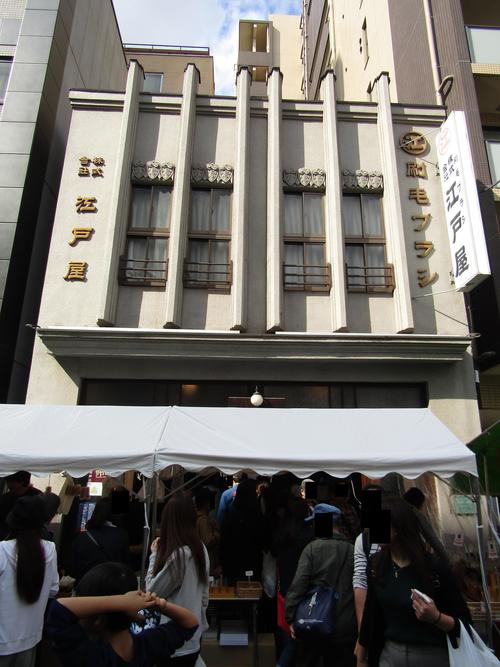
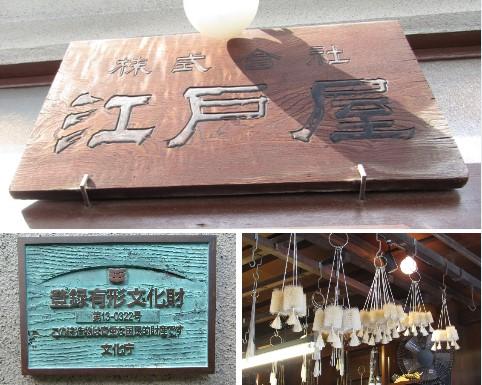
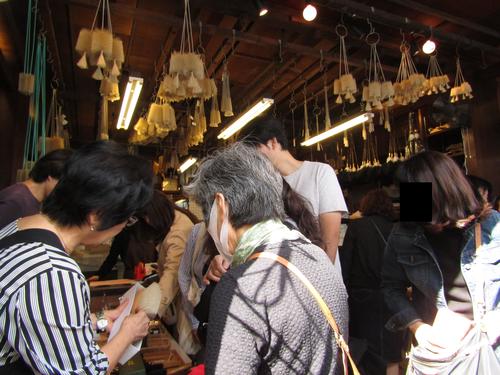
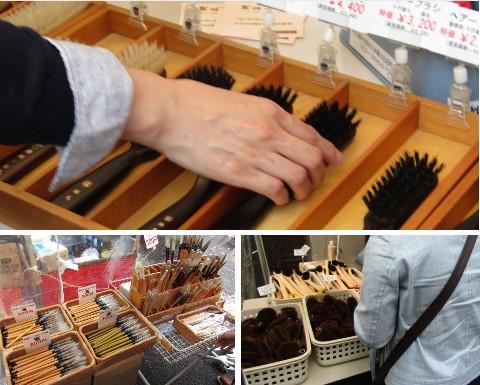
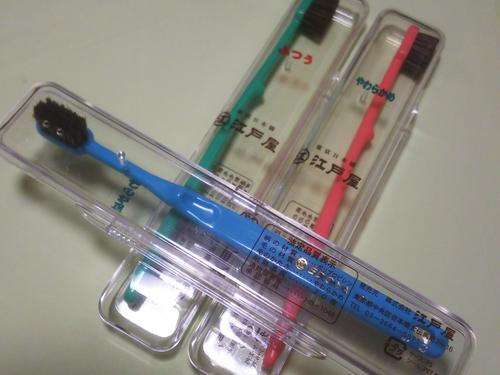
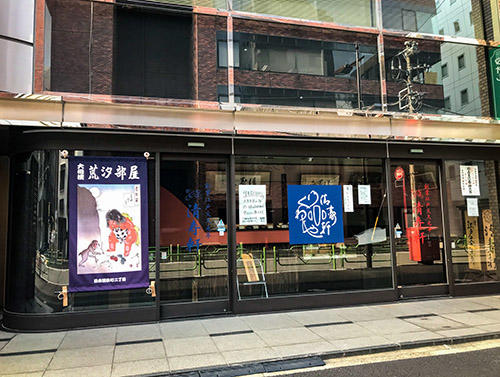
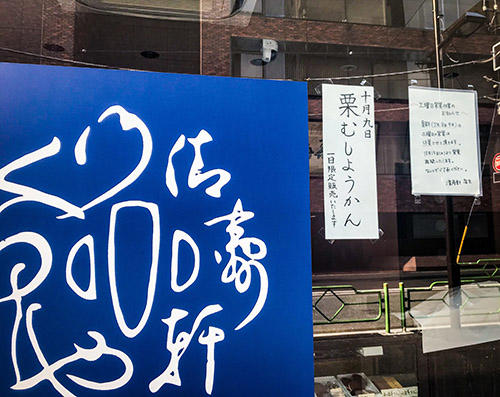
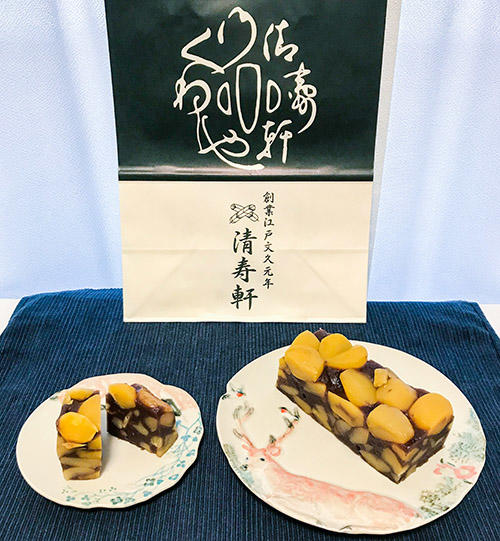 It's the presence of this chestnut.
It's the presence of this chestnut.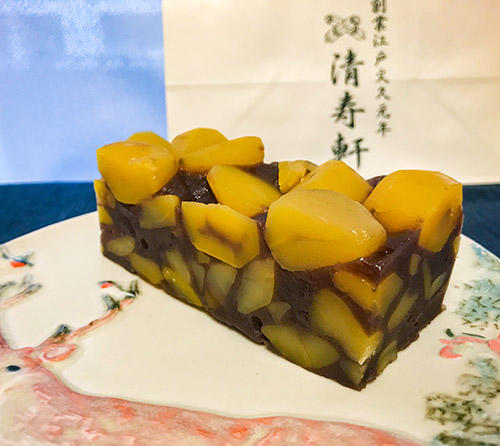
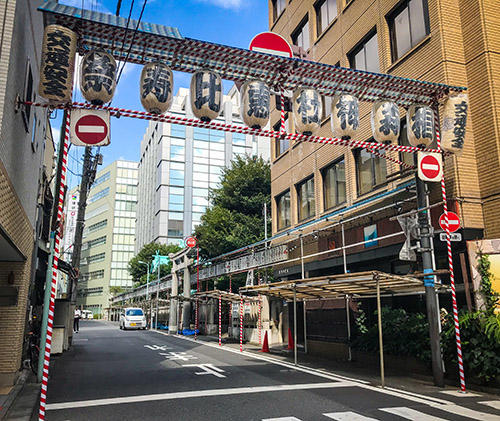 We are currently preparing.
We are currently preparing.